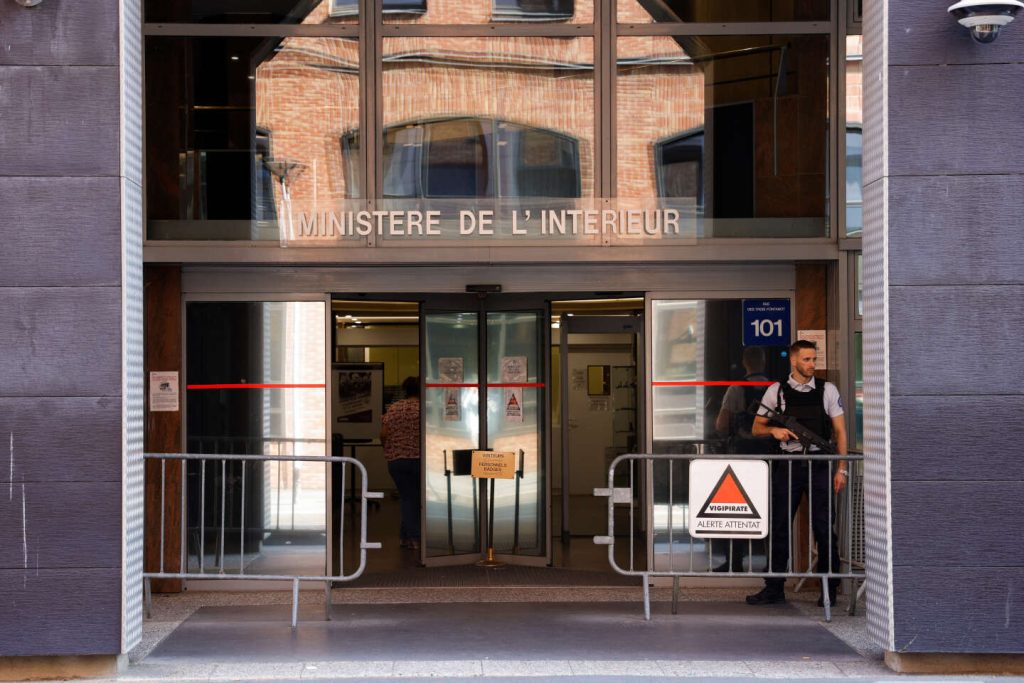The Office central de lutte contre la corruption et les infractions financières et fiscales (OCLCIFF) in Nanterre is known for its discretion and moderation. However, on October 16, 2018, events unfolded differently as the office, along with magistrates, conducted a massive raid on the headquarters of the La France insoumise party and fifteen homes of party leaders. This raid was part of an investigation into the financial accounts of the 2017 presidential campaign of candidate Jean-Luc Mélenchon. The raid, which was widely publicized on social media and interrupted by party supporters, brought unprecedented attention to the office which was established in 2013 in the aftermath of a political finance scandal involving Jérôme Cahuzac.
Over the past decade, the OCLCIFF has become a key player in combating corruption and financial crime, but has faced a chronic shortage of human resources. As the government prepares to announce its 2024-2027 anti-corruption plan, there are concerns that the warnings from this specialized service may not be taken seriously. Various prominent figures such as Vincent Bolloré, Nicolas Sarkozy, and François Fillon have passed through the office in Nanterre to address complex issues years later. The office’s chief, Guillaume Hézard, explains that the hidden nature of the crimes they investigate relies on detection by third parties, whistle-blowers, and media leaks, with a focus on understanding the circumstances of the acts rather than just identifying the perpetrators.
In addition to traditional investigative methods like wiretapping, searches, and interviews, the OCLCIFF also specializes in handling large amounts of digital evidence. For instance, over 20 terabytes of data were collected during a raid at Google’s Paris office in 2016. This massive data gathering often prompts companies to enter negotiations. Three years after the raid, Google reached a settlement agreement, paying nearly 1 billion euros in fines and back taxes. These cases demonstrate the office’s ability to utilize both traditional and digital investigative techniques to pursue justice and hold individuals and corporations accountable for financial crimes.
Despite the achievements and capabilities of the OCLCIFF, ongoing concerns persist about its limited resources and the possibility of its warnings being overlooked. The office’s work involves dealing with intricate financial crimes, often requiring extensive investigations and specialized expertise. In some cases, as seen with the Google settlement, negotiations are essential to resolving complex legal matters and securing financial reparations. The upcoming anti-corruption plan for 2024-2027 will be crucial in determining the support and resources allocated to the office to effectively combat corruption and financial crime in the future.
In the realm of financial and political corruption, the OCLCIFF remains a crucial player in France, conducting investigations into high-profile cases and working towards justice and accountability. The office’s role in uncovering hidden financial crimes, utilizing advanced investigative techniques, and engaging in negotiations with companies demonstrates its commitment to combating corruption. However, with ongoing concerns about resource shortages, it is essential for the government to prioritize supporting the office and ensuring that its specialized work continues to contribute to a more transparent and ethical financial landscape in France.


